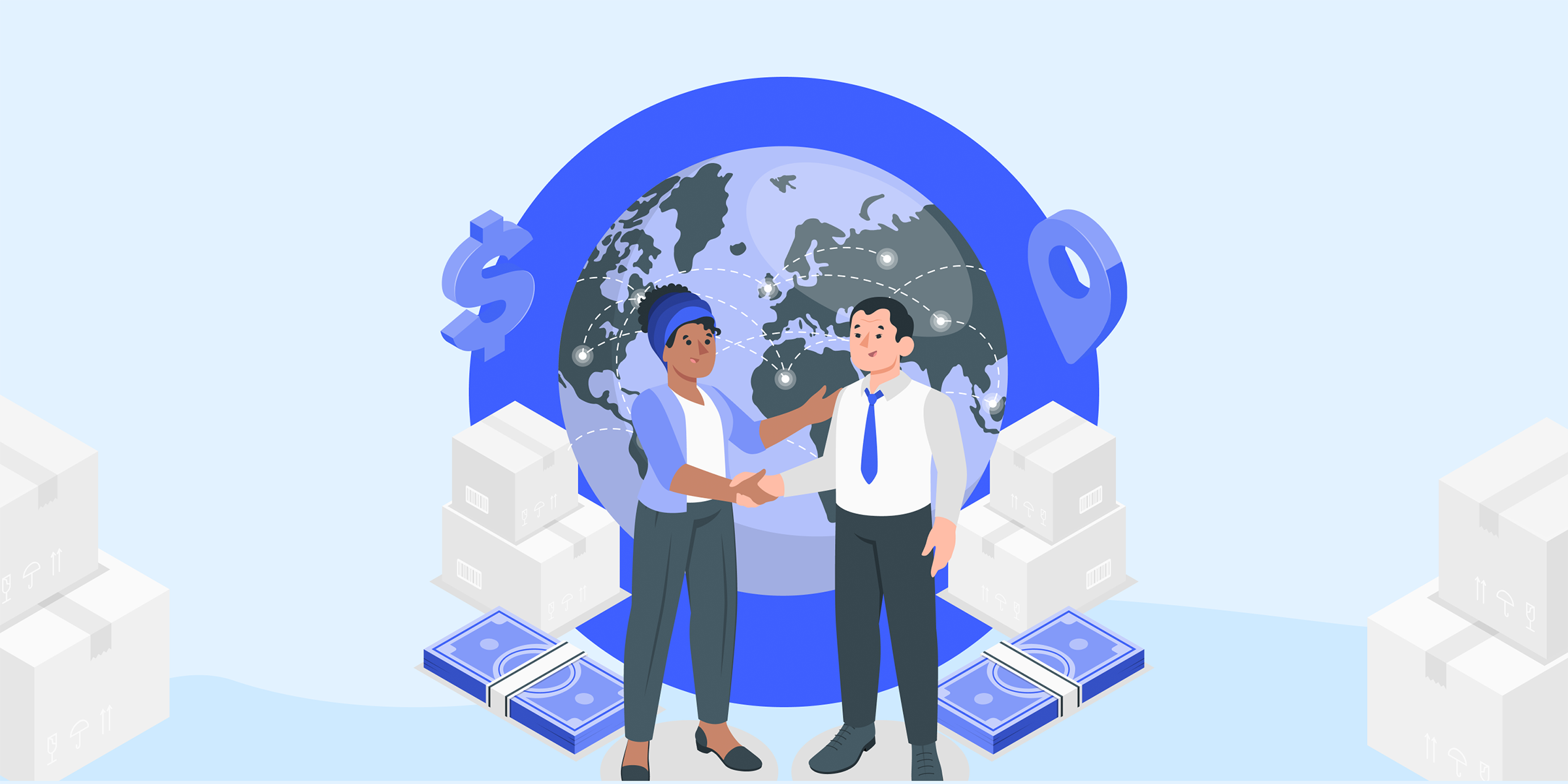Residential Proxies
Allowlisted 200M+ IPs from real ISP. Managed/obtained proxies via dashboard.

Proxies Services
Residential Proxies
Allowlisted 200M+ IPs from real ISP. Managed/obtained proxies via dashboard.
Residential (Socks5) Proxies
Over 200 million real IPs in 190+ locations,
Unlimited Residential Proxies
Unlimited use of IP and Traffic, AI Intelligent Rotating Residential Proxies
Static Residential proxies
Long-lasting dedicated proxy, non-rotating residential proxy
Dedicated Datacenter Proxies
Use stable, fast, and furious 700K+ datacenter IPs worldwide.
Mobile Proxies
Dive into a 10M+ ethically-sourced mobile lP pool with 160+ locations and 700+ ASNs.
Scrapers
Collection of public structured data from all websites
Proxies
Residential Proxies
Allowlisted 200M+ IPs from real ISP. Managed/obtained proxies via dashboard.
Starts from
$0.6/ GB
Residential (Socks5) Proxies
Over 200 million real IPs in 190+ locations,
Starts from
$0.03/ IP
Unlimited Residential Proxies
Unlimited use of IP and Traffic, AI Intelligent Rotating Residential Proxies
Starts from
$1816/ MONTH
Rotating ISP Proxies
ABCProxy's Rotating ISP Proxies guarantee long session time.
Starts from
$0.4/ GB
Static Residential proxies
Long-lasting dedicated proxy, non-rotating residential proxy
Starts from
$4.5/MONTH
Dedicated Datacenter Proxies
Use stable, fast, and furious 700K+ datacenter IPs worldwide.
Starts from
$4.5/MONTH
Mobile Proxies
Allowlisted 200M+ IPs from real ISP. Managed/obtained proxies via dashboard.
Starts from
$1.2/ GB
Scrapers
Web Unblocker
Simulate real user behavior to over-come anti-bot detection
Starts from
$1.2/GB
Serp API
Get real-time search engine data With SERP API
Starts from
$0.3/1K results
Scraping Browser
Scale scraping browsers with built-inunblocking and hosting
Starts from
$2.5/GB
Documentation
All features, parameters, and integration details, backed by code samples in every coding language.
TOOLS
Resources
Addons
ABCProxy Extension for Chrome
Free Chrome proxy manager extension that works with any proxy provider.
ABCProxy Extension for Firefox
Free Firefox proxy manager extension that works with any proxy provider.
Proxy Manager
Manage all proxies using APM interface
Proxy Checker
Free online proxy checker analyzing health, type, and country.
Proxies
AI Developmen
Acquire large-scale multimodal web data for machine learning
Sales & E-commerce
Collect pricing data on every product acrossthe web to get and maintain a competitive advantage
Threat Intelligence
Get real-time data and access multiple geo-locations around the world.
Copyright Infringement Monitoring
Find and gather all the evidence to stop copyright infringements.
Social Media for Marketing
Dominate your industry space on social media with smarter campaigns, anticipate the next big trends
Travel Fare Aggregation
Get real-time data and access multiple geo-locations around the world.
By Use Case
English
繁體中文
Русский
Indonesia
Português
Español
بالعربية

The Difference Between Hard Data and Soft Data
In the realm of data analysis and decision-making, two terms often come to the forefront: hard data and soft data. Understanding the fundamental differences between these two types of data is crucial for businesses looking to make informed choices based on data-driven insights. In this blog post, we will delve into the distinctions between hard data and soft data, their respective strengths and weaknesses, and how organizations can leverage both to drive success.
Hard data refers to quantifiable, measurable, and verifiable information. It is typically numerical and can be easily analyzed using statistical tools. Examples of hard data include sales figures, revenue, website traffic numbers, and demographics. Hard data is objective, concrete, and leaves little room for interpretation.
On the other hand, soft data, also known as qualitative data, is non-numerical and subjective in nature. Soft data is often obtained through observations, interviews, surveys, and customer feedback. It provides insights into customer preferences, emotions, opinions, and satisfaction levels. While soft data may not be as easily quantifiable as hard data, it offers valuable context and depth to complement quantitative analysis.
Hard data is favored for its precision and reliability. Since hard data is based on numbers, it offers a clear and definitive basis for decision-making. Businesses rely on hard data to track performance, measure outcomes, and identify trends. Hard data is crucial for setting specific, measurable goals and evaluating the success of strategies and initiatives.
While hard data provides essential metrics and performance indicators, soft data offers the "why" behind the numbers. Soft data helps businesses understand the motivations, preferences, and behaviors of their target audience. By analyzing soft data such as customer feedback, reviews, and social media sentiment, organizations can gain a deeper understanding of customer perceptions and tailor their strategies accordingly.
Successful data-driven decision-making requires a balanced approach that incorporates both hard and soft data. While hard data provides the foundation for analysis and measurement, soft data adds the human element that can drive innovation and customer-centric strategies. By integrating insights from both types of data, businesses can make more informed decisions that align with their overarching goals and objectives.
Let's consider a marketing campaign for a new product launch. Hard data such as sales figures, conversion rates, and website traffic can provide insights into the campaign's performance in terms of reach and engagement. However, soft data such as customer reviews, social media comments, and focus group feedback can offer valuable insights into customer perceptions, preferences, and pain points.
By analyzing both hard and soft data, marketers can refine their messaging, target the right audience segments, and optimize their marketing strategies for better results. For example, if hard data shows a high bounce rate on a landing page, soft data analysis may reveal that customers find the page navigation confusing, prompting a redesign to improve user experience.
In conclusion, understanding the difference between hard data and soft data is essential for effective decision-making and strategy development. While hard data provides concrete metrics and performance indicators, soft data offers valuable context and insights into customer preferences and behaviors. By leveraging both types of data in a balanced way, businesses can drive innovation, enhance customer experiences, and achieve their strategic goals. Embracing a holistic approach to data analysis that incorporates both hard and soft data will position organizations for success in an increasingly data-driven world.
Featured Posts
Popular Products
Residential Proxies
Allowlisted 200M+ IPs from real ISP. Managed/obtained proxies via dashboard.
Residential (Socks5) Proxies
Over 200 million real IPs in 190+ locations,
Unlimited Residential Proxies
Use stable, fast, and furious 700K+ datacenter IPs worldwide.
Rotating ISP Proxies
ABCProxy's Rotating ISP Proxies guarantee long session time.
Residential (Socks5) Proxies
Long-lasting dedicated proxy, non-rotating residential proxy
Dedicated Datacenter Proxies
Use stable, fast, and furious 700K+ datacenter IPs worldwide.
Web Unblocker
View content as a real user with the help of ABC proxy's dynamic fingerprinting technology.
Related articles

Troubleshooting Proxy Errors: Mastering Network Connectivity Challenges
Experiencing a proxy error with network? Learn how to troubleshoot and fix this common issue quickly. Discover effective solutions to resolve proxy errors and get back online smoothly.